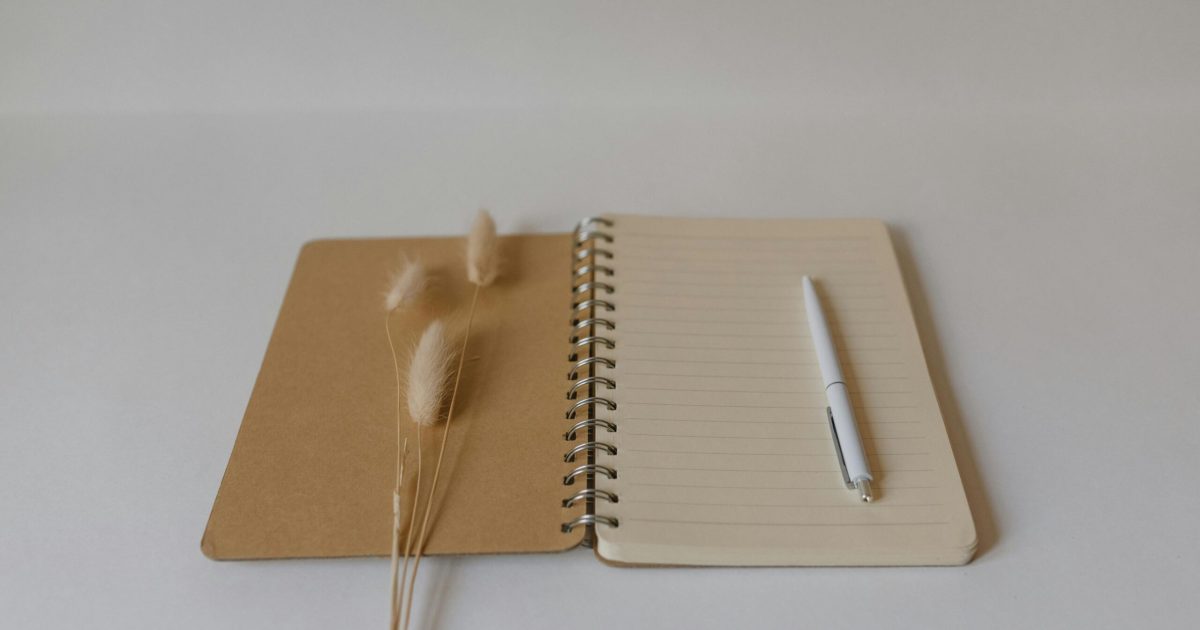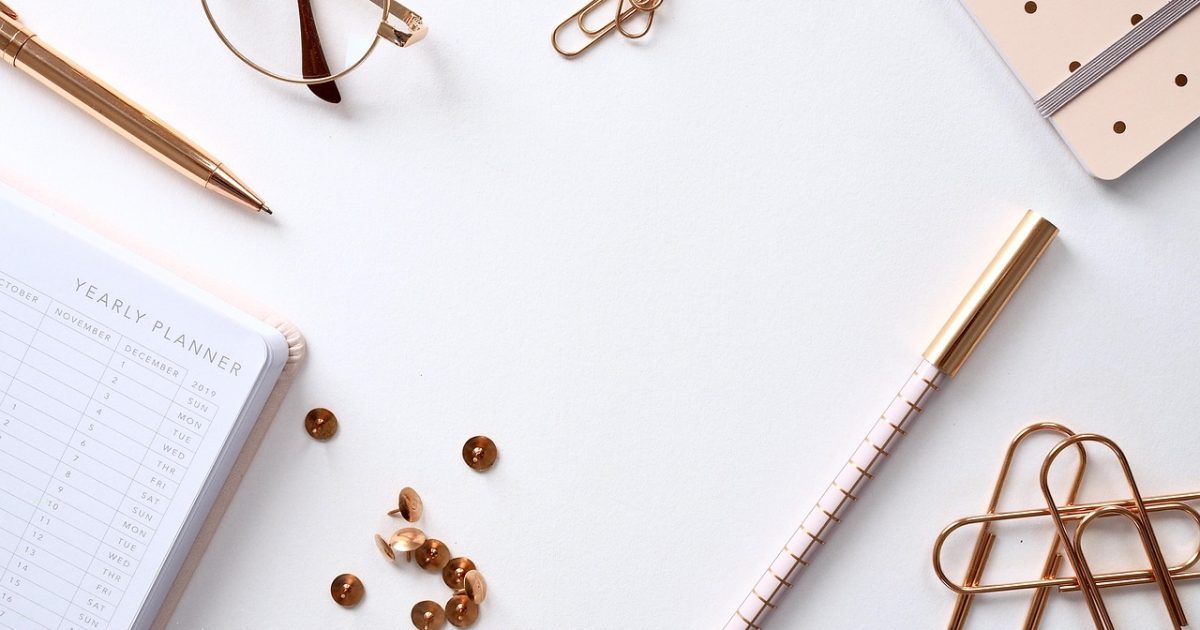In a world where “anxiety” has become as much a part of our daily vocabulary as “coffee,” something fascinating is happening. The generation most often labeled as stressed and overwhelmed is quietly revolutionizing the way we think about mental wellness – not through apps or expensive therapy sessions, but through surprisingly simple daily rituals that might raise some eyebrows.
With endless notifications, uncertain futures, and the constant pressure to “have it all together,” it’s no wonder that millennials and Gen Z have earned the title of the “Anxiety Generation.” But instead of turning solely to traditional solutions like therapy and medication, many are finding comfort in unexpected daily rituals – small, intentional habits that bring a sense of stability and control in a world that often feels anything but.
Research increasingly supports what this generation has stumbled upon: the most effective anxiety-management techniques are often the simplest. It’s not about elaborate protocols but about creating small, sustainable changes in how we move through our days. I’ve been incorporating many of these rituals into my own life, and the results have been remarkable. Not only has my anxiety decreased significantly, but more importantly, I’ve learned to manage it more effectively. So, let’s dive in:
Table of Contents
1. Sipping on Calmer Coffee Alternatives
Gone are the days when a triple-shot espresso was the ultimate survival tool. More people are replacing caffeine jitters with adaptogenic blends – herbal drinks infused with stress-reducing ingredients like Ashwagandha, Cordyceps, and Shilajit. These powerful herbs help regulate cortisol levels, keeping the body in a calm yet energized state.
I’ve personally found that herbal teas have been a game-changer in my own routine. Sipping on blends like chamomile, spearmint, or lemongrass in the evening not only helps me unwind but also creates a sense of ritual that signals to my body it’s time to relax. The warmth, aroma, and natural calming properties make herbal teas an easy and enjoyable way to soothe the mind without relying on caffeine or artificial stimulants.
Why it works: Instead of spiking adrenaline like caffeine does, adaptogens support the nervous system in adapting to stress, making it easier to stay level-headed throughout the day.
2. Journaling as a ‘Brain Dump’ Before Sleep

The mind races at night, replaying awkward moments from a decade ago and planning for an uncertain future. Instead of spiraling into overthinking, many are making journaling a nightly ritual – not the kind that requires poetic entries, but simply a brain dump of thoughts, worries, and wins.
Types of Journaling to Incorporate into Your Nightly Routine
- Gratitude Journaling – Writing down things you’re grateful for each night helps shift focus from worries to positive reflections, promoting a sense of contentment before sleep.
- Daily Reflection Journaling – Summarizing the day’s events, emotions, and experiences allows for self-awareness and emotional processing.
- Brain Dump Journaling – A free-flow writing session to unload racing thoughts, worries, or tasks onto paper, clearing mental clutter before bed.
- Intention-Setting Journaling – Writing down goals or affirmations for the next day creates a sense of purpose and direction.
- Stream-of-Consciousness Journaling – Unfiltered, unstructured writing that captures whatever is on the mind, helping to release pent-up emotions.
- Dream Journaling – Recording dreams upon waking to better understand subconscious thoughts and recurring patterns.
- Shadow Work Journaling – Exploring deeper, often suppressed emotions or fears to gain insight into personal growth and healing. If it feels overwhelming and you don’t know where to start. The Self-Awareness Journal makes shadow work easier, guiding you to clarity and breakthroughs. You can download my self-awareness journal here completely FREE!
If you’re completely new to journaling and don’t know where to start, I highly recommend the Five-Minute Journal. It has simple prompts for gratitude, daily intentions, and reflections, making it effortless to build a habit. Backed by psychology, it helps you start and end your day on a positive note in just a few minutes. I love how it keeps things structured yet meaningful, perfect for beginners or anyone short on time. So do get yours, you won’t be disappointed.
3. Digital ‘Sunset’ Hours: The Boring Hour Revolution
Doomscrolling has become second nature, but excessive screen time is fueling chronic anxiety. That’s why many are now setting “sunset hours” aka the “boring hour” – a dedicated time FREE from digital distractions. No phones, no Netflix, no podcasts – just existing in the mundane.
You can intentionally schedule an hour each day to embrace boredom, it helps with resetting overstimulated minds. Or you can use this time as a screen cut-off before bed, avoiding emails, TikTok rabbit holes, and late-night news updates. Instead, turn to dim lighting, a book, or calming herbal tea to transition into rest mode.
There’s no strict rule for when to schedule your boring hour – it’s about what works best for you. Some prefer starting their mornings with a slow, tech-free moment before diving into the day. Others wind down before bed by unplugging from overstimulating content. You can even carve out a midday break to reset and recharge.
Simple & Effective Alternatives You can Try!
- Mindful Walking – A short, distraction-free walk, focusing on your surroundings, breath, and the rhythm of your steps.
- Sipping Herbal Tea – A calming ritual that signals to your body it’s time to slow down and be present.
- Creative Expression – Journaling, sketching, or playing an instrument as a way to engage the mind without digital interference.
- Simply Doing Nothing – Allowing yourself to sit, think, and let your mind wander without external input—an underrated but powerful habit.
4. Replacing Endless To-Do Lists with ‘Done Lists’

To-do lists can sometimes feel like a never-ending stream of stress. That’s why some are flipping the script and ending their day with a “done list” – a reflection of what they actually accomplished. Whether big or small, acknowledging progress helps shift the mindset from “I didn’t do enough” to “I showed up today.”
Why it works: Anxiety often stems from feeling like we’re always behind. Celebrating small wins daily helps retrain the brain to focus on progress over perfection.
5. Cold Exposure Therapy for a Mind Reset
It sounds brutal, but cold showers have gained traction for their ability to shock the nervous system into the present moment. The immediate discomfort forces deep breathing, making it a powerful tool for resetting a racing mind.
If jumping straight into freezing water feels overwhelming, start small. Here are a few ways to ease into the cold exposure trend without diving in headfirst:
- Dipping face in ice water – dip your face in ice water for 15 seconds to trigger a similar nervous system reset without the full-body shock.
- Gradually lowering the temperature – while taking a shower gradually lower the temperature at the end instead of switching straight to cold.
- Use cold compresses on the back of your neck – this activates stress-reducing benefits without the discomfort of a full-body chill.
- Try cold water hand immersion – simply soaking your hands in cold water can stimulate the vagus nerve and promote relaxation.
Cold exposure stimulates the vagus nerve, which controls the body’s relaxation response, reducing stress and promoting a calm, alert state. I’ve personally found that easing into it makes it much more manageable – and honestly, even enjoyable over time!
6. Using Scent as a Grounding Technique

Aromatherapy isn’t just for spas. More people are using essential oils and familiar scents to create a calming environment. Scents like lavender, sandalwood, and eucalyptus can trigger instant relaxation and mental clarity.
Incorporating Scents in Daily Routine:
Here are some ways to incorporate scents in your daily routine effectively:
- Morning Uplift: Start your day with citrus essential oils like orange or grapefruit to boost energy and mood.
- Work Focus Booster: Diffuse peppermint or rosemary in your workspace to enhance concentration and productivity.
- Stress Relief on the Go: Carry a roller blend of lavender or chamomile to apply on pulse points when feeling overwhelmed.
- Sleep Support: Use a lavender-infused pillow spray or diffuser to signal your brain it’s time to wind down.
- Shower Steam Therapy: Add a few drops of eucalyptus oil to your shower for a spa-like, decongesting experience.
- Cozy Home Ambiance: Use scented candles or wax melts with calming fragrances like sandalwood or vanilla to create a relaxing atmosphere.
- Massage and Self-Care: Mix essential oils with a carrier oil for a DIY massage that soothes tension and promotes relaxation.
- Anxiety Soothing Ritual: Place a dab of your favorite calming scent on a cotton ball and keep it in your pocket for an instant grounding tool.
Scent is directly linked to the brain’s limbic system, which regulates emotions. A familiar smell can immediately ground someone during moments of heightened anxiety.
Final Thoughts
The “Anxiety Generation” isn’t just resigning itself to stress – it’s learning how to work with it, NOT against it. These small, daily rituals may seem simple, but their impact is profound. They remind us that in a chaotic world, we still have control over the little moments that shape our well-being.
So, if you’ve been feeling on edge, it might be time to explore which daily ritual resonates with you. Anxiety may be part of our world, but it doesn’t have to run the show.
FAQs:
Do these daily rituals actually help with anxiety?
Yes! While they may not replace professional treatment for severe anxiety, these rituals help regulate stress hormones, improve focus, and create a sense of stability in daily life.
How long does it take to see results from these anxiety coping rituals?
It depends on the ritual and the person. Some, like cold showers or aromatherapy, provide an instant calming effect, while others, like adaptogenic drinks or journaling, may take a few weeks of consistency.
Can I practice multiple rituals at the same time?
Absolutely! Many people find that combining rituals – like having a cup of herbal tea while journaling or pairing a digital sunset with calming scents – enhances their effectiveness. The key is to experiment and find what works best for you.
Are adaptogenic drinks and herbal teas safe for daily use?
For most people, yes! However, if you’re pregnant, breastfeeding, or have a medical condition, it’s best to consult a healthcare professional before making them a daily habit.
What’s the easiest ritual to start with?
If you’re overwhelmed, start with scent therapy – simply applying a calming essential oil like lavender before bed. It requires no effort but has a significant impact on relaxation.
Can daily rituals help with severe anxiety?
While daily anti-anxiety rituals can significantly reduce stress levels, they work best as part of a complete anxiety treatment plan. For severe anxiety, combine these practices with professional mental health support.
Do stress management routines really work for millennials and Gen Z?
The “Anxiety Generation” reports significant benefits from these unconventional stress management routines. Unlike traditional anxiety advice, these practical rituals address modern stressors directly.
